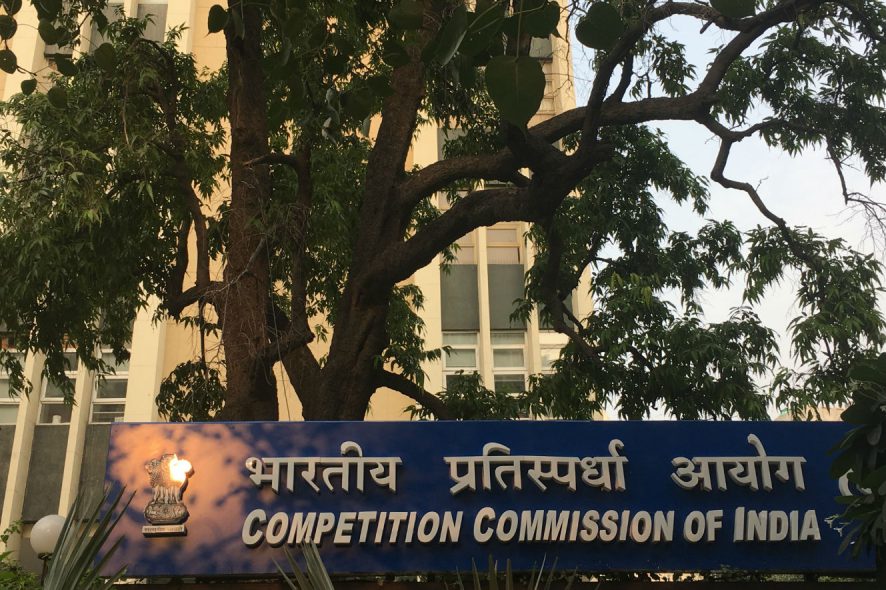Competition Commission of India: The Commission recently passed an order under Section 26(2) of the Competition Act, 2002 wherein it held that for proving alleged abusive conduct under Section 4 of the Competition Act, on part of the opposite party, a prima facie case would need to exist wherein it would need to be established that the opposite party stood at a dominant position in the relevant market.
The informants filed a matter under Section 19(1)(a) of the Competition Act against a certain company through its Chairman and the Managing director (OP 1) along with one of its employees (OP 2) alleging contravention of the provisions of the Act. The informants had purchased a flat in a certain residential housing project developed by OP 1 under the down payment scheme which upon full payment, was followed by OP 1 issuing an allotment letter to the applicant’s name and then further an MoU in which it was agreed upon by both parties that OP 1 would pay a fixed assured amount of return every month until possession of the flat was handed over to the informants. The informants alleged that despite them having made full payment, the OPs had stopped making payment as was agreed upon in the MoU without any notice resulting in contravention of Section 4 of the Competition Act. The cheque that was provided by the OPs was dishonored due to unavailability of funds in the concerned bank. The informants alleged that not only did their seem to be an absence of any intention on the part of the OPs to honor the terms of the MoU but also an absence of intention on their part to handover possession of the flat to the informants. This, the informants alleged, amounts to unfair and restrictive trade practices as well as deficiency in the provision of services. It was also alleged by the informants that this sort of behavior amounted to cheating, criminal breach of trust, fraud and willful default under the provisions of Sections 420, 406, 34 and 120-B of the Penal Code, 1860.
The Commission noted that in order to prove that the alleged abusive conduct took place, it would need to be established that the OPs held dominance in the relevant market in the first place which then would lead to a prima facie case of contravention of Section 4 of the Competition Act. The Commission noted that the informants had not provided the Commission with any information regarding the dominance of the OPs in the relevant market. The Commission held that services for development and sale of residential apartments/flats is different from the services for development and sale of residential plots/commercial spaces and for the present case concluded that the relevant market would actually be provision of services for development and sale of residential apartments/ flats. It also determined the rules and regulations for development of the particular residential housing project keeping in mind various factors such as difference in price, level of urban development, local advantage, consumer preferences, transport services etc. Upon determination of these factors, the Commission acknowledged that from the information available in the public domain, it appeared that as if there were several other real estate developers in the given area who were much more established than the one in question with much bigger housing projects which in itself acts as a competitive constraint upon the OPs to operate independently. Hence, the Commission was of the view that the OPs did not possess enough market power to act independently of the competitive forces in the relevant market or to be able to affect its competitors or consumers in its favor. This in turn meant that it was not in a dominant position in the relevant market. [Wing Commander Jai Kishan v. Nikunj Sisondia, 2017 SCC OnLine CCI 44, decided on 06.09.2017]







